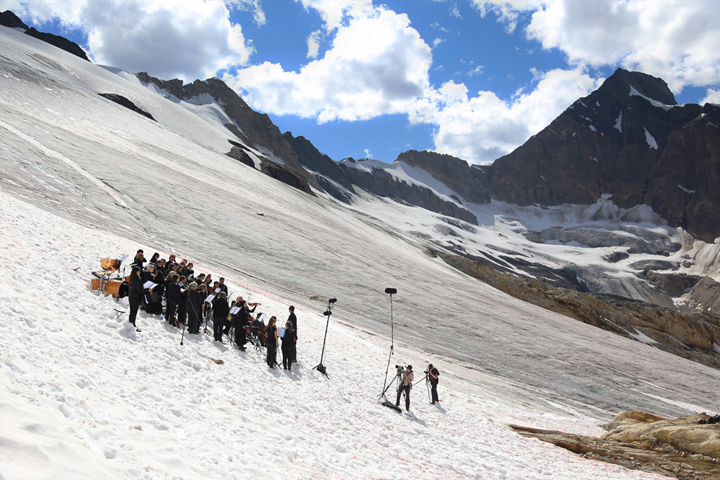Welcome to Quartet’s conference page: our platform for research and dialogue within UBC’s English 372 Canadian Literature.

Since January, we (Quartet) along with 4Hands, On Stolen Land, and Canadian Geese have been exploring what constitutes “Canadian Literature”, and the power that language and stories hold.
Our conference explores Rita Wong’s intervention article, Watersheds, from the journal Canadian Literature, as a jumping off point for our research and dialogue.
Over human history, the varying branches that make up the humanities have been the means of passing on new knowledge and perspectives. Within storytelling, there is the ability to promote the worldview of others, allowing empathy within the reader to foster deeper understanding.
“Writers, scholars, academics, we make our homes in watersheds, not just cities”
Wong (115)
Watersheds, as Wong writes, are where the waters of the earth collect, where humanity can find a common ground. However, this term has another, just as important meaning: a watershed moment is a critical moment where a shift in understanding and policy occurs. With routes in the geological term, watershed moments change the flow of humanity, just as physical watersheds change the flow of water (Kelly).
Naomi Klein, in her book This Changes Everything advocates that society must stop averting our eyes to climate change, and work to make a difference; this seems so easy, so simple a request. “If we are ever to cope with climate change in any fundamental way”, Klein writes, “radical solutions on the social side are where we must focus” (Klein 27). This reflects Rita Wong’s proposition that to support the earth’s survival, we must “shift away from the colonial norms that have been violently imposed upon this land toward a sense of interrelation and interdependence” (115). This need for a shift plays into the inventor’s world.
Each big shift in thinking and way of life is connected to human thought, and humans pushing the boundaries of the usual. For centuries, humans have been envisioning the future through critical and creative means. To transition to a secure future, society must make a new shift. The creation of art and literature in response to personal, local, and global issues enables artists and audiences to think more deeply about their perspectives and the issue at large. Further, creative and critical projects – eco-literature (Cariou & St-Amand; Whiteley et al.; Wong & Wah), restorative projects (“Climate Finance”), eco-art (Colgan; Inwood), place-based explorations (Sobel), music (Twedt) – are all ways in which local and global communities can unite. They are a step towards bringing greater awareness to environmental and climate justice, and aid in the movement towards change.
Works Cited
Cariou, Warren, and Isabelle St-Amand. “Introduction: Environmental Ethics through Changing Landscapes: Indigenous Activism and Literary Arts.” The Canadian Review of Comparative Literature, vol. 44, no. 1, 2017, pp. 7-24. The Canadian Review of Comparative Literature, journals.library.ualberta.ca/crcl/index.php/crcl/article/view/29377. Accessed 7 Apr. 2021.
“Climate Finance for a Sustainable Future” YouTube, uploaded by World Bank, 7 Jul. 2020, www.youtube.com/watch?v=crAKMz81Gr0. Accessed 7 Apr. 2021
Colgan, Walter. “Vanishing Canada: Group of Seven Landscapes Under Climate Change”. Glacier Bytes, williamcolgan.net, 31 July 2015, www.williamcolgan.net/blog/?p=338. Accessed 6 Apr. 2021.
Inwood, Hilary. “Exploring eco-art education in elementary classrooms.” Independent Education, 17 June 2015, www.ieducation.co.za/exploring-eco-art-education-in-elementary-classrooms/. Accessed 7 Apr. 2021.
Kelly, John. “Why Are Moments Called Watershed?”. Mashed Radish, 1 Dec. 2017, mashedradish.com/2017/12/01/why-are-moments-called-watershed/. Accessed 10 Apr. 2021.
Klein, Naomi. This Changes Everything: Capitalism vs. The Climate. Alfred A. Knopf Canada, 2014.
Sobel, David. “Place Based Education: Connecting Classroom And Community”. Kohala Centre, 2013, kohalacenter.org/teachertraining/pdf/pbexcerpt.pdf. Accessed 7 Apr. 2021.
Twedt, Judy. “Connecting to climate change through music.” YouTube, uploaded by TED, 23 Jan. 2019, www.youtube.com/watch?v=eYXxAE5grRQ. Accessed 8 Apr. 2021.
Walde, Paul. Requiem for a Glacier, http://paulwalde.com/projects/requiem-for-a-glacier/. Accessed 12 Apr. 2021.
Whiteley, Andrea, et al. “Climate Change Imaginaries? Examining Expectation Narratives in Cli-Fi Novels”. Bulletin of Science, Technology & Society, vol. 36, no. 1, 2016, pp. 28-37. Sage, doi: 10.1177/0270467615622845
Wong, Rita, and Fred Wah. Beholden: A Poem as Long as the River. Talon Books, 2018.
Urban Futures Studio. “Reimagining Urban Futures”. Post-Fossil City, postfossil.city/en. Accessed 10 Apr. 2021.
